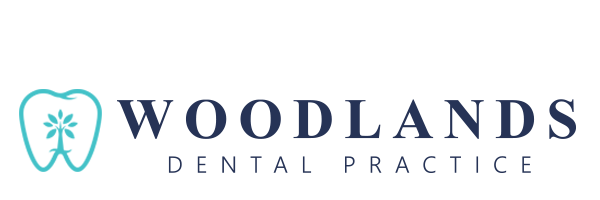

To be registered at The Woodlands Dental Practice you have to be seen for a new patient examination and assessment appointment. Completing a medical history questionnaire sheet does not constitute registration. They are provided prior to your first appointment to make your this visit easier.
To stay registered at the practice it is necessary to keep up with the recalls that have been set by your dentist.
A fully completed medical history questionnaire, with all the medication you are taking listed. Please make sure to complete the contact details section including email and GP section. Medical histories forms can be requested to be emailed to yourself prior to your appointment.
We will always try to see you if possible. It depends on how late you arrive and the nature of your appointment. For complex treatment, which is very often time consuming (e.g. root fillings), it is likely that you will have to be rescheduled. If you anticipate being late please phone us and let us know as we may be able to offer an alternative appointment on the same day that will be more convenient.
We endeavour to remain punctual for our appointment times by ensuring a full compliment of staff and maintaining all the surgery equipment to the highest standards. Our staff will inform you if we are going to be over 20 minutes late.
We regularly audit our appointment times, looking for ways to reduce delays, but inevitably we occasionally run late. This may be due to complex procedures taking longer than anticipated or sometimes other patients being late. If five patients are 10 minutes late within a session then the dentist will run 50 minutes late, please bear this in mind.
Visiting the dentist regularly will not only help keep your teeth and mouth healthy, but will also help keep the rest of your body healthy. Dental care is important because it:
Radiographic or X-ray examinations provide your dentist with an important diagnostic tool that shows the condition of your teeth, their roots, jaw placement and the overall composition of your facial bones. X-Rays can help your dentist determine the presence or degree of periodontal disease, abscesses and many abnormal growths, such as cysts and tumours. X-rays can also show the exact location of impacted teeth.
They can pinpoint the location of cavities and other signs of disease that may not be possible to detect through visual examination (such as changes in the jaw bone structure as a result of systemic disease).
Your dentist will determine your recall period. This can be can be anything between 3 months and 2 years. The interval is dependent upon numerous factors including your dental history, dental decay rate, medical history and social history as well as tobacco and alcohol consumption. We follow current NICE guidelines regarding recall intervals.
Generally not. The first appointment is to assess your mouth and determine if any treatment is required. During this appointment we will chart the condition of your teeth. A treatment plan will be formulated and options discussed with you, giving you all the options open to you.
The black filling material used in your teeth is amalgam. It has been used as a filling material for over a hundred years; it’s still one of the strongest materials available.
However, it’s about as unattractive a filling material as you can get. There are a number of other tooth-color restorative materials currently available that can be used to replace old amalgams.
As the plaque and calculus accumulate, the periodontal disease continues. Supporting tissues around the teeth (gums, periodontal ligaments, bone) are lost.
Periodontal pockets form which trap additional plaque. Bad breath often accompanies this condition. Once the bone that supports the teeth is lost, it will not regrow without surgical intervention.
Your toothbrush will eventually wear out, especially if you are brushing your teeth twice a day for two to three minutes each time. Your dentist recommends that adults and children change their toothbrush every three months. If you are using an electric toothbrush, be sure to read the directions because you may not need to change toothbrush heads as frequently. Patients with gum disease are encouraged to change their toothbrush every four to six weeks to keep any bacteria from spreading. After brushing, rinse your toothbrush with hot water to kill germs and keep the bristles clean. If you've been sick, be sure to change your toothbrush as soon as possible.
